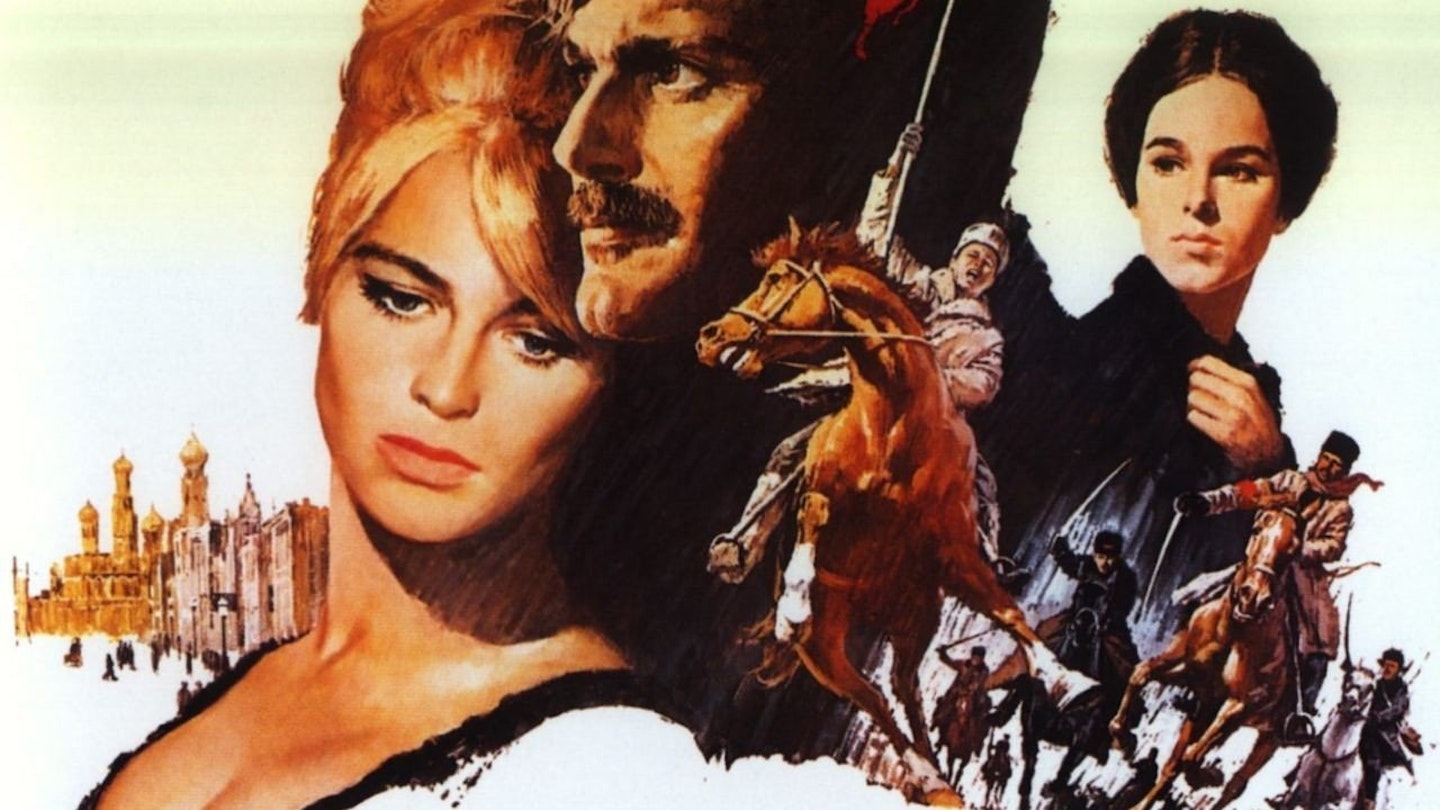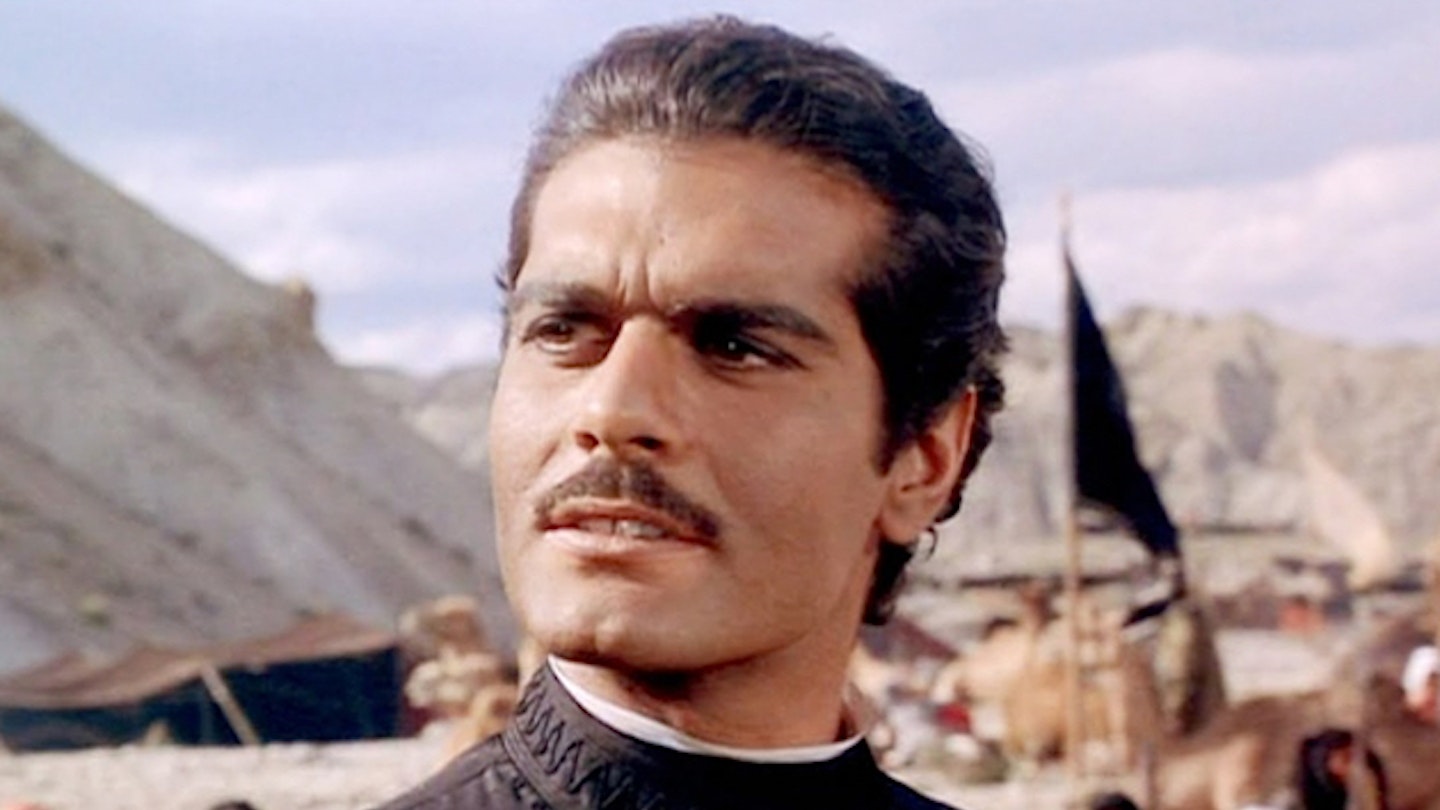This is the point for many critics where David Lean’s ambition — seemingly to create the biggest movies in history — finally overtook his filmmaking craft. And certainly, by comparison with both The Briidge On The River Kwai and Lawrence Of Arabia. it is less incisive, it’s hero less brittle. However, this is less down to a dulling of Lean’s art or screenwriter Robert Bolt’s ability to glean a strong narrative out of a long-winded book, than the more romantic leanings of the story itself. Which meant the script, as rich and intelligent as it is, did work to Lean’s worst tendencies — he was a sucker for a beautiful face and in Julie Christie found a beauty that could fell a nation. She is the equivalent of Peter O’Toole’s Lawrence, but he was more complex a character, much more so than Omar Sharif’s swoony Zhivago. That said, this is a film, achingly long, that has power in its veins, a story told with vivid colour, pain, texture and a ravishing sense of the romance of film.
When compared to the so-called epics of the modern era, to criticise Zhivago for shallowness seems absurd. Its tale of twin loves, and of a nation tearing itself apart — the parallel lies within Zhivago, a man conflicted between two passions as his country is conflicted between two futures — has a real majesty. This is not just down to Lean’s poetic camera, and never has catastrophic starvation looked quite this gorgeous, but to the strength of the performances.
Christie and Sharif have to carry the film’s longing, the magnetic need between them is palpable, but Bolt’s barbed screenwriting is most alive in two other characters. Firstly, Tom Courtney’s stoic, unshakable Pasha, rapt with revolutionary zeal (“He’s the kind of man the world pretends to look up to, and in fact despises”). Secondly, the stand out, the dark face of bitter realism that ultimately keeps the film from slipping into a distant rapture, is Rod Steiger’s brilliantly callous Komarovsky. He is twisted, hungry, a cruel manipulator, whose vivid commentary is the counterpoint to the wanton sweeps of poets and warriors. He’s the film’s true human.
It requires effort, stamina through its long hours, but Lean creates moments of cinema for history (if not quite the vice versa) — Klaus Kinski’s cameo on the gruelling train journey; the staggering ice palace sequence; the bloody quelling of the revolutionaries in Moscow). And if Maurice Jarre’s soaring score, a landscape in itself, doesn’t move you then you have ice in your veins as cold as a Siberian winter.

